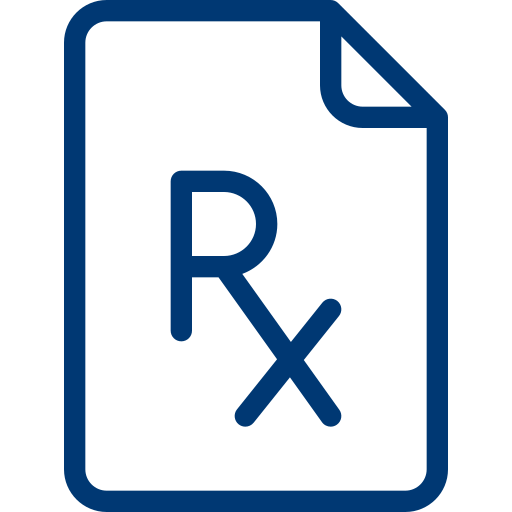Exploring the Long-Term Health Effects of Tobacco Use
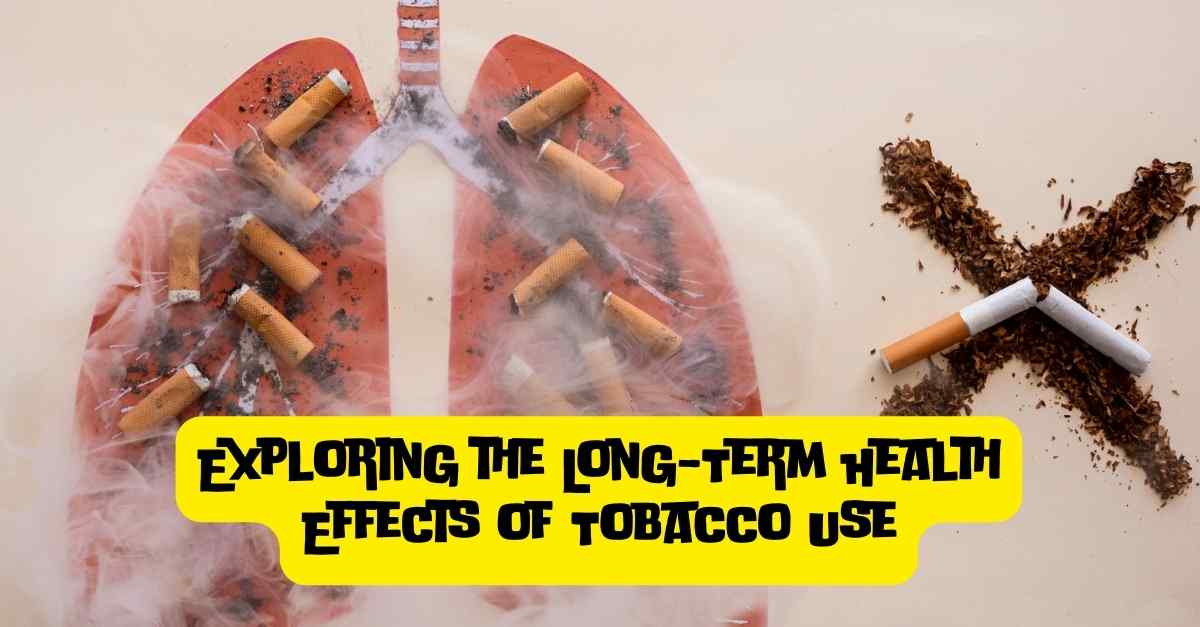
In a world inundated with health warnings and cautionary tales, few adversaries stand as insidious and relentless as tobacco. Despite widespread awareness of its detrimental effects, tobacco continues to cast its shadow over millions of lives worldwide. From the foggy allure of smoke-filled rooms to the subtle allure of a freshly lit cigarette, the allure of tobacco use often blinds us to its profound and lasting consequences. Today, we embark on an exploration into the depths of this issue, shedding light on the intricate tapestry of health effects woven by tobacco use and exposure.
Health Effects of Tobacco Use:
Tobacco use is a formidable foe, capable of wreaking havoc on multiple fronts within the human body. From the moment smoke touches the lips to the long-term repercussions that linger in its wake, the toll exacted by tobacco is both immediate and enduring.
Short-Term Health Effects:
In the short term, tobacco consumption inflicts a barrage of assaults on the body, triggering an array of adverse reactions. Within seconds of inhalation, the potent cocktail of chemicals contained in tobacco smoke infiltrates the bloodstream, sending shockwaves through the cardiovascular system. Elevated heart rate and blood pressure, coupled with constricted blood vessels, place undue strain on the heart and increase the risk of heart attack and stroke. Meanwhile, the respiratory system bears the brunt of tobacco's wrath, succumbing to inflammation, coughing, and shortness of breath. Furthermore, the toxic compounds present in tobacco smoke can impair cognitive function, impairing concentration and diminishing overall mental acuity.
Long-Term Health Effects:
As time wears on, the insidious effects of tobacco use deepen their roots, entrenching themselves in the fabric of the body's physiology. Chronic exposure to tobacco smoke paves the way for a litany of chronic conditions, including but not limited to lung cancer, chronic obstructive pulmonary disease (COPD), and emphysema. The carcinogens present in tobacco smoke unleash a relentless assault on delicate lung tissue, fostering the unchecked proliferation of cancerous cells. Simultaneously, the respiratory system grapples with the cumulative damage inflicted by years of tobacco use, resulting in irreversible declines in lung function and respiratory capacity.
Health Effects of Tobacco Use and Exposure:
The repercussions of tobacco use extend far beyond the individual, casting a wide net of harm that ensnares both smokers and non-smokers alike. Secondhand smoke, laden with carcinogens and toxins, poses a grave threat to those in its vicinity, increasing the risk of lung cancer, heart disease, and respiratory ailments. Moreover, the economic burden imposed by tobacco-related healthcare costs weighs heavily on society as a whole, siphoning resources away from vital healthcare initiatives and straining public coffers.
Conclusion:
In the face of mounting evidence and impassioned pleas for change, the battle against tobacco rages on. Armed with knowledge and resolve, we must confront the pervasive influence of this silent killer, steadfast in our commitment to safeguarding the health and well-being of ourselves and future generations. Together, let us illuminate the path forward, casting aside the shadows of tobacco and embracing a future defined by health, vitality, and freedom from its insidious grip.
Related Blogs
-
PSA Test (पीएसए टेस्ट) - What Is It, Cost, Symptoms, And How Does It Work?
 - What Is It, Cost, Symptoms, And How Does It Work.jpg)
-
How to Lower Thyroid Antibodies Naturally and Manage Thyroid Peroxidase Antibodies?

-
RDW (Red Cell Distribution Width) Test: Understanding It's Significance And Interpretation
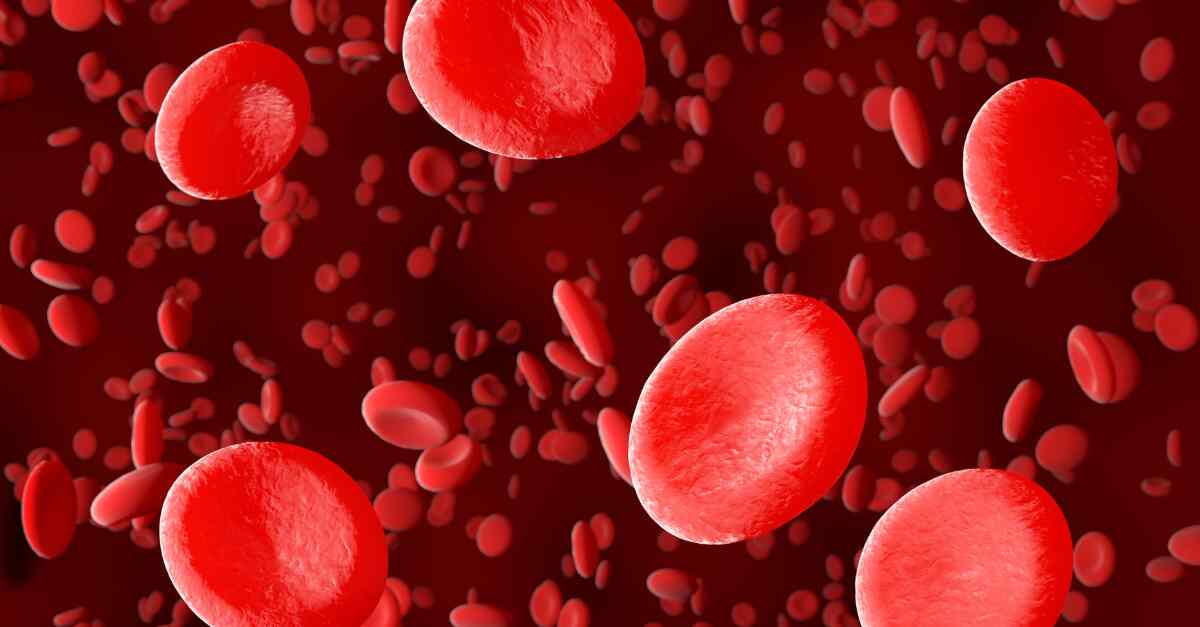
-
Marvel Path Lab - Your Trusted Partner in Comprehensive Blood Testing

-
थायराइड क्या है? थायराइड के कारण, लक्षण और प्रभावी घरेलू उपचार (Home Remedies For Thyroid in Hindi)
.jpg)
-
Discover the Ultimate Liver Detox: Top 15 Foods to Naturally Cleanse Your Liver

-
The Ultimate Guide to Understanding MCV in Blood Tests
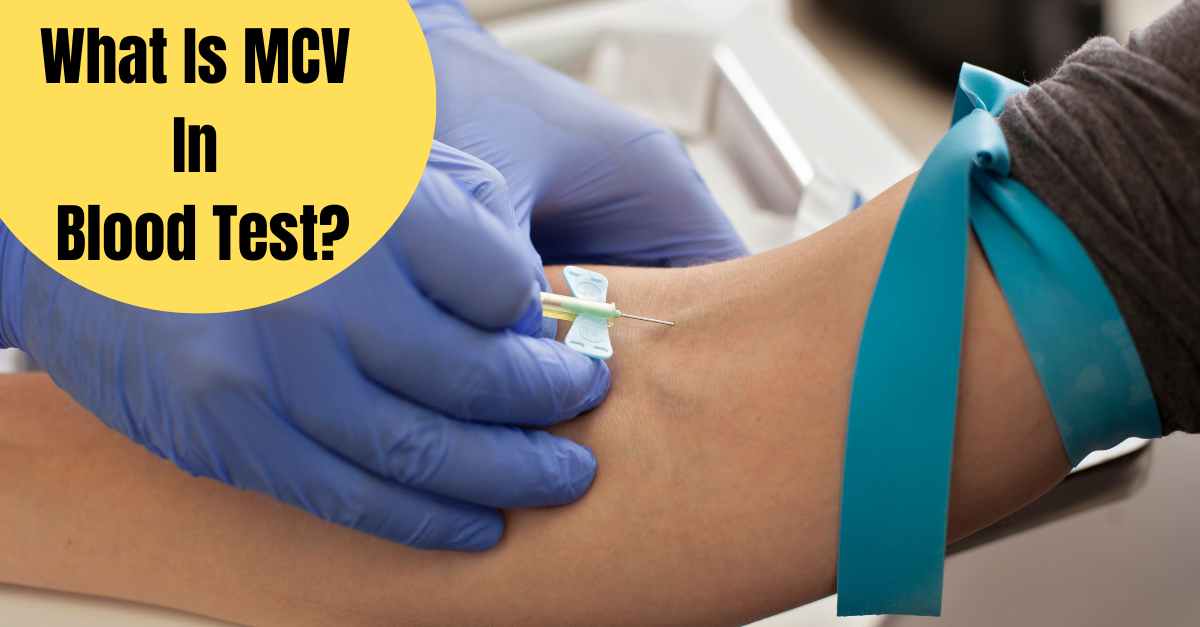
-
AMH Levels Unveiled: What is a Good AMH Level to Get Pregnant
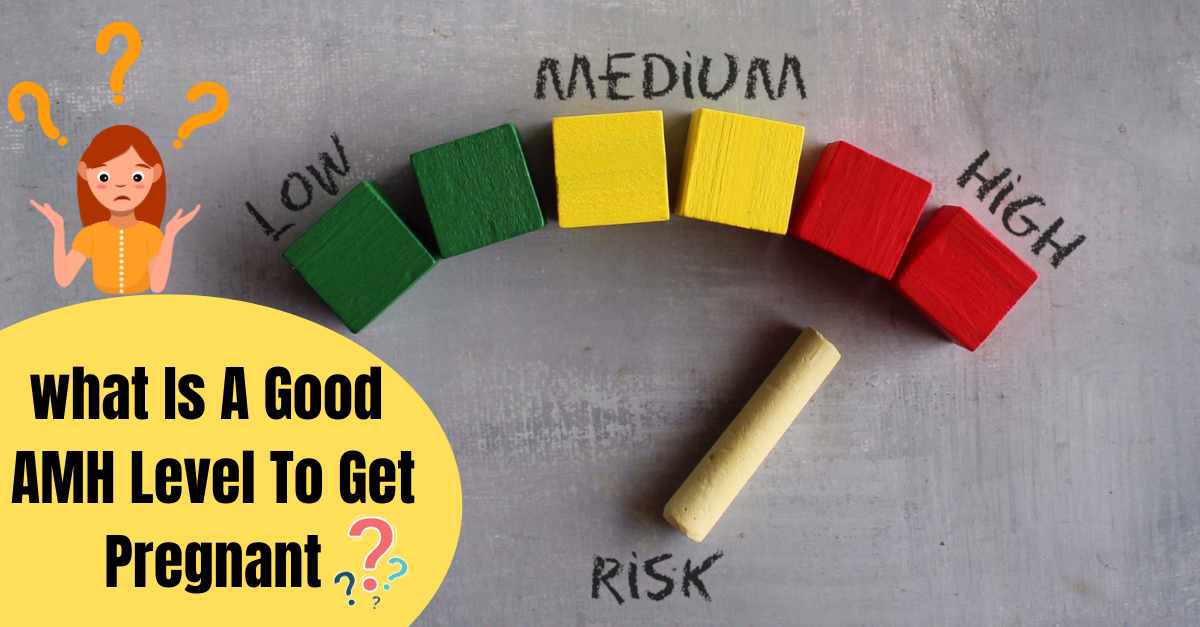
-
Weil Felix Test - Marvel Path Lab
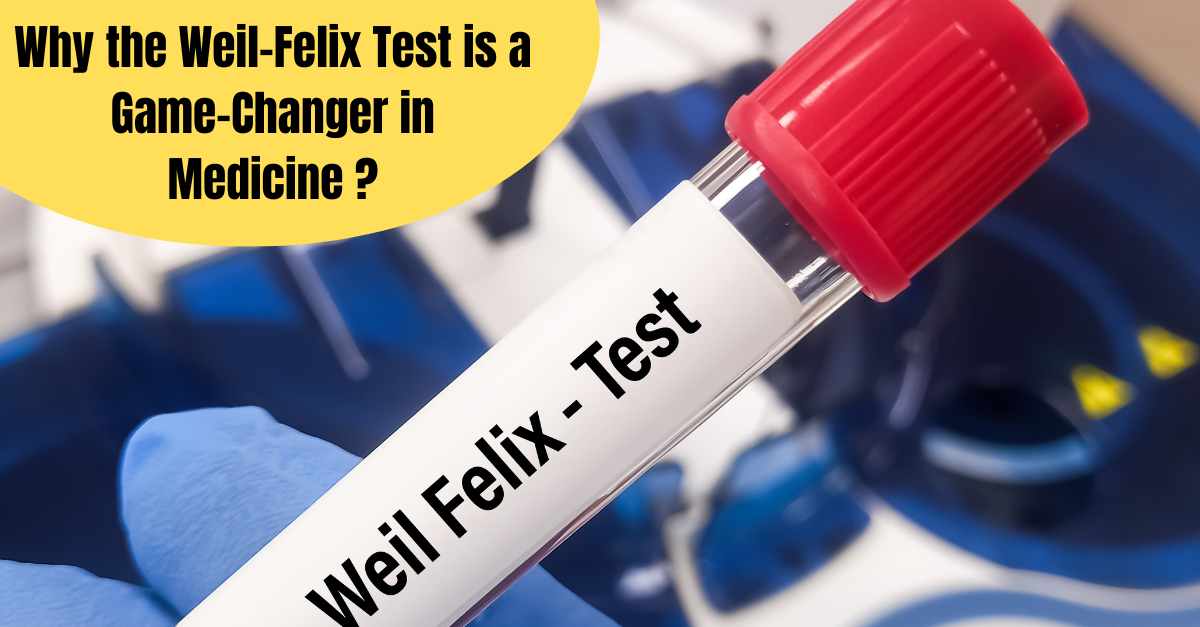
-
Exploring Fructosamine Testing: Marvel Path lab

-
Exploring Malaria Causes, Symptoms, And Cutting-Edge Diagnosis Techniques
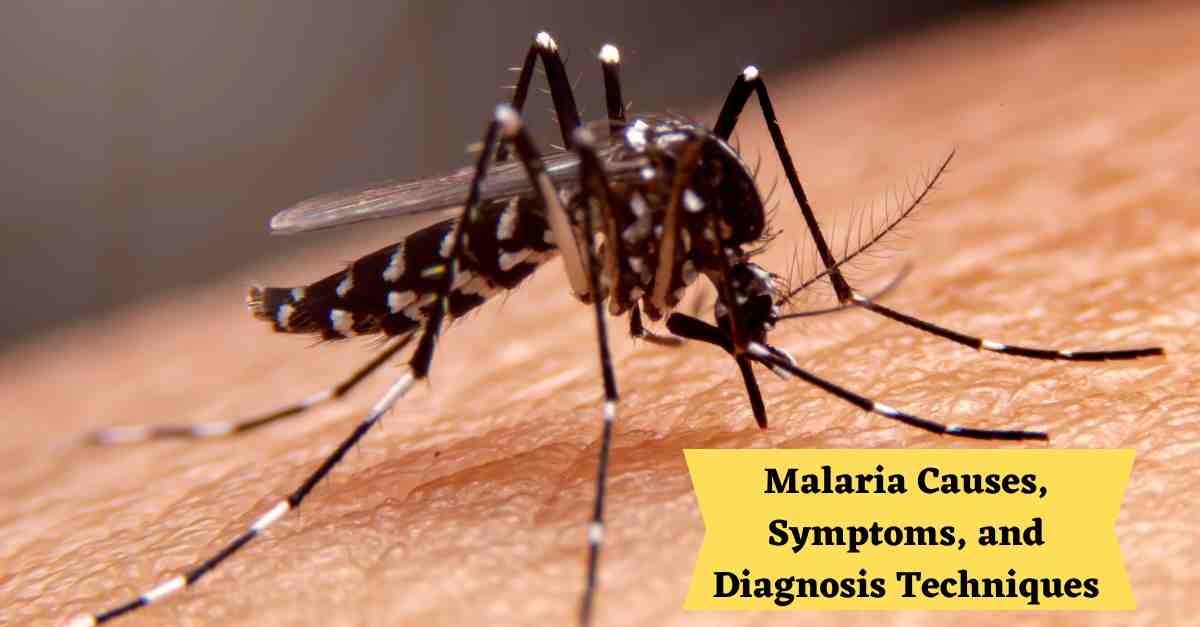
-
Unlocking the Secrets of Fertility: Understanding Semen Analysis

-
Hot Weather, Cool Tips: Mastering Summer Wellness Like a Pro!

-
Homocysteine Test in Hindi:होमोसिस्टीन टेस्ट क्या है, खर्च, नॉर्मल रेंज, कैसे क्यों और कब होता है!

-
Optimizing Your Health Through Food Intolerance Testing: A Step-by-Step Guide

-
Your Allergy Questions Answered: Causes, Symptoms, and Diagnosis

-
Boost Your Heart Health: Simple Ways to Manage Homocysteine Levels Through Diet

-
Does MCV (Mean Corpuscular Volume) Fluctuate

-
Understanding Normal Values in a Peripheral Smear Test

-
Understanding the Prolactin Blood Test: Purpose, Procedure, and Interpretation
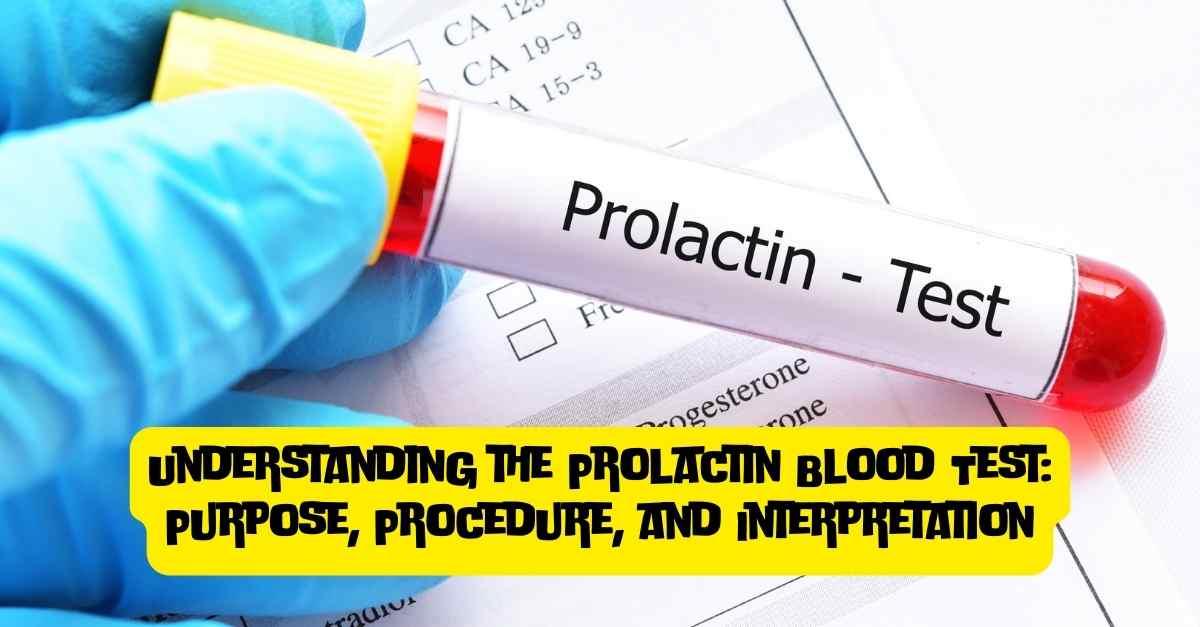
-
CA सीए 125 टेस्ट - क्यों किया जाता है, इसकी आवश्यकता क्या है, और जानें इसके बारे में

-
Understanding the Anti-Müllerian Hormone (AMH) Test: A Simple Guide
 Test.jpg)
-
The MPV Blood Test Explained: What It Reveals About Your Health
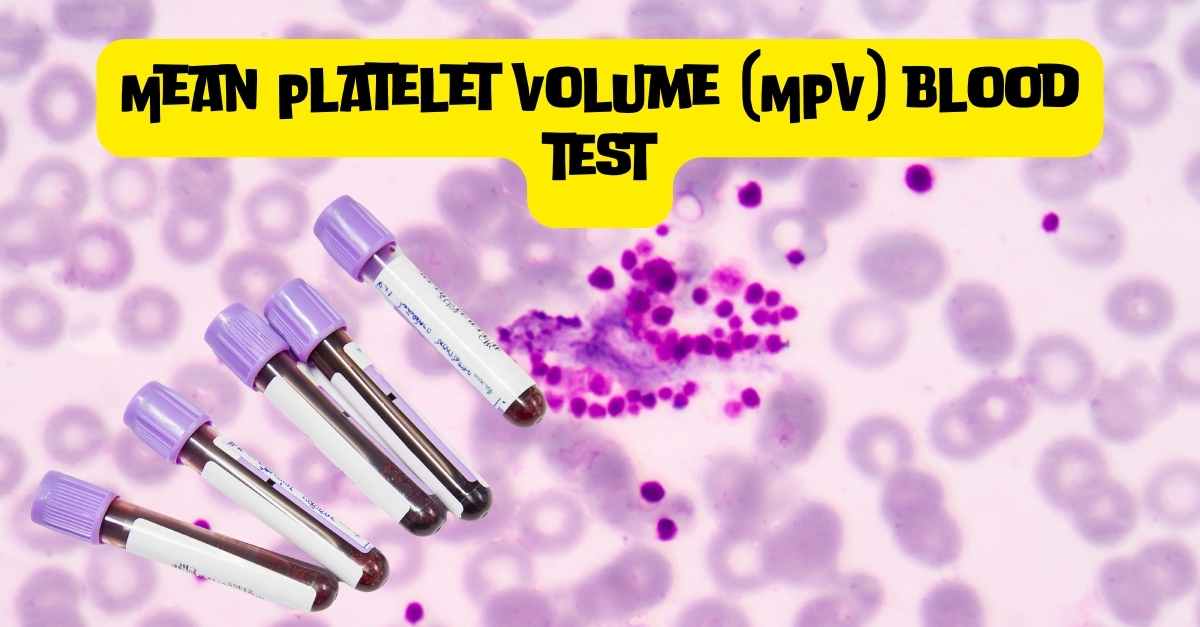
-
Understanding Pancreas Blood Tests

-
Understanding the CO2 Blood Test: A Simple Guide to Your Health
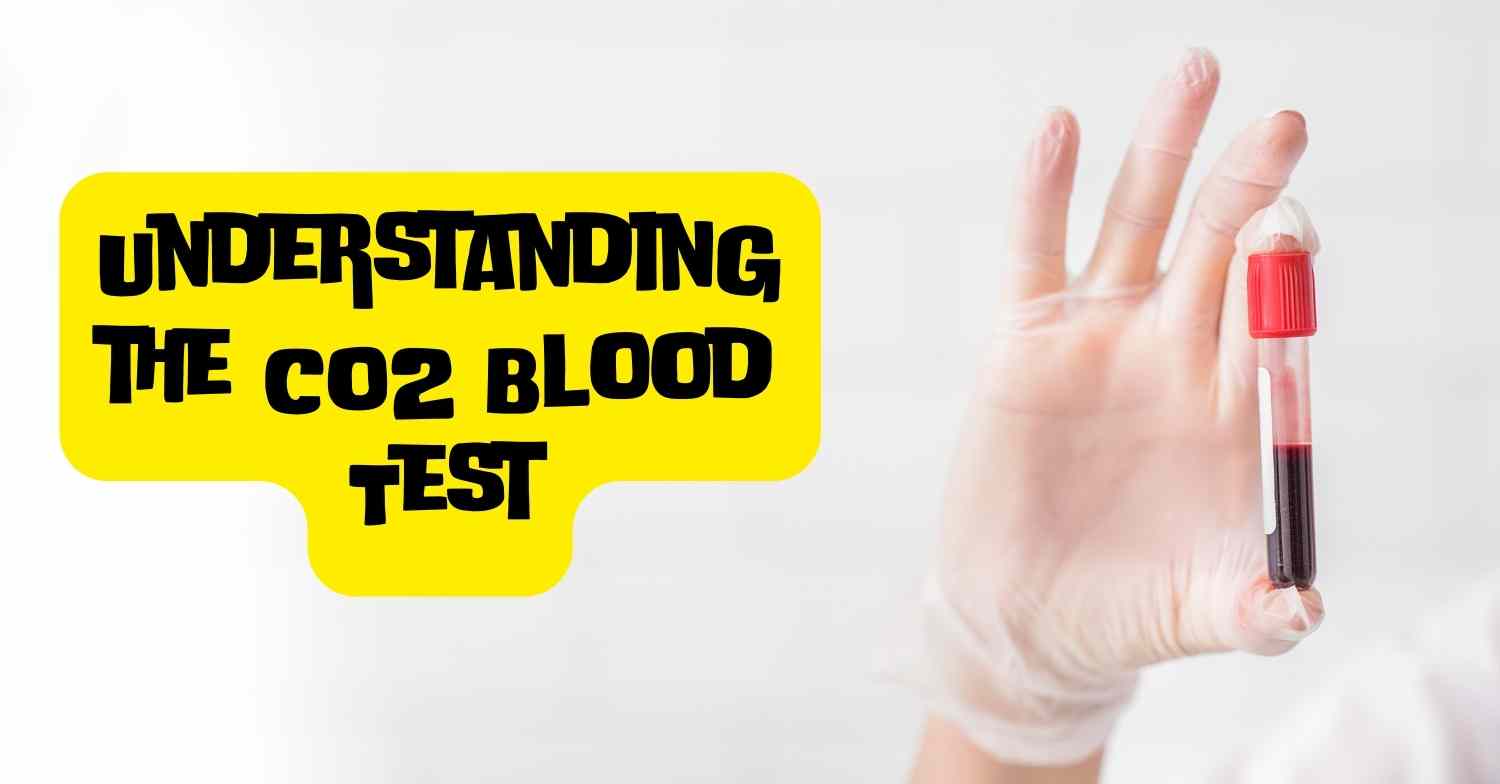
-
Albumin Blood Test
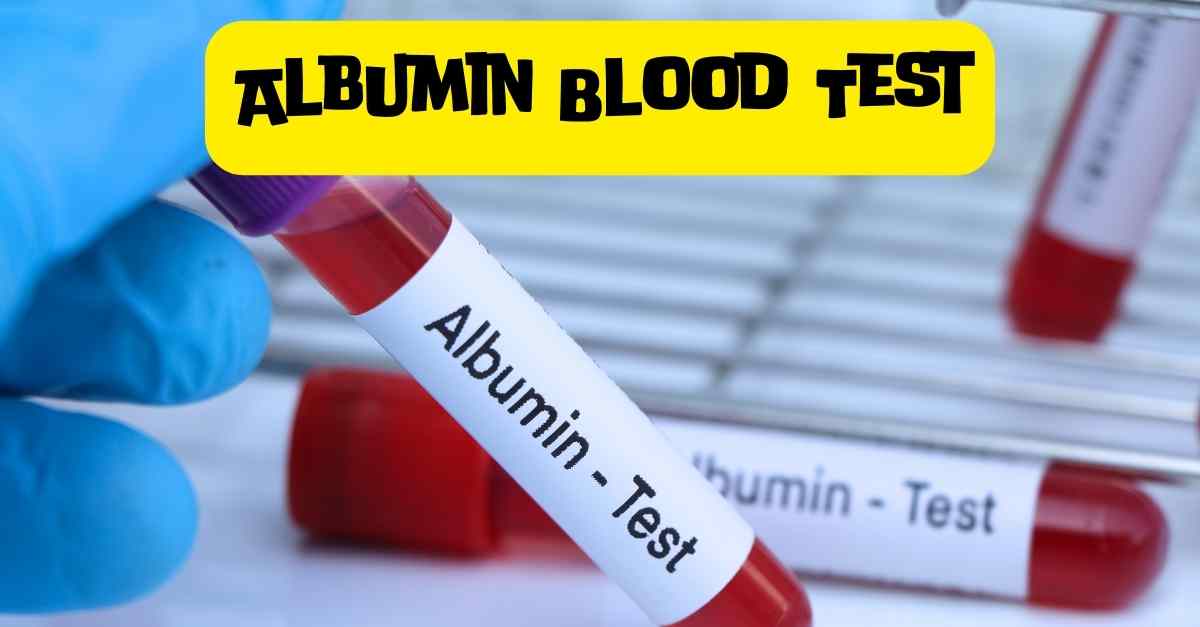
-
Everything You Need to Know About the Globulin Blood Test

-
Allergy Blood Test
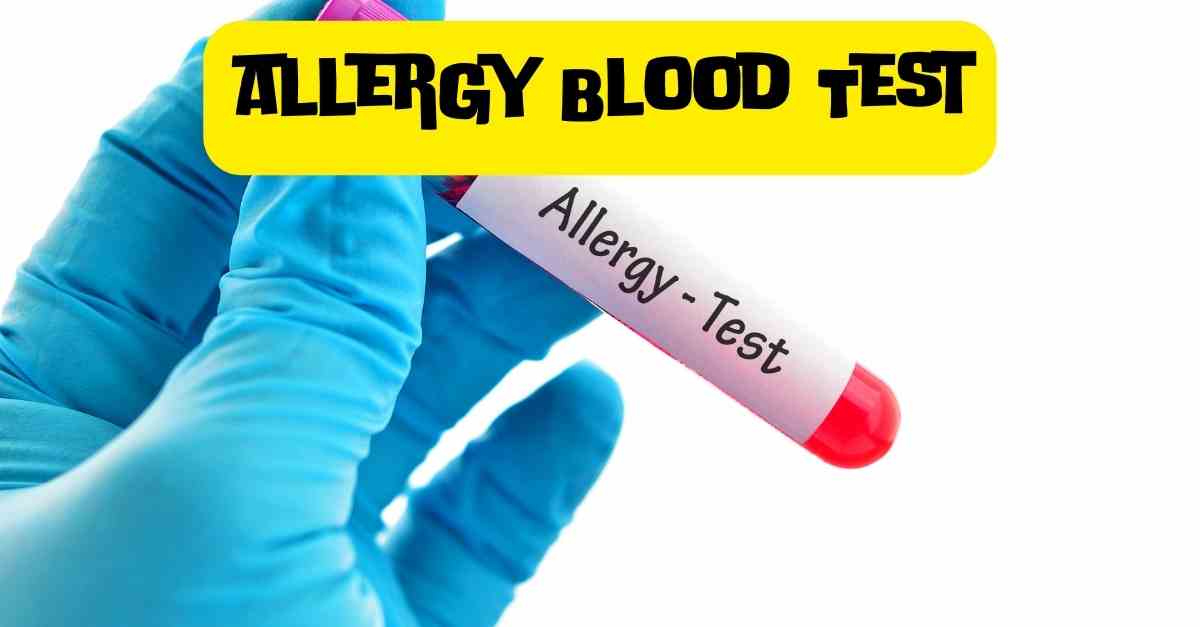
-
Understanding Cardiac Blood Tests: A Guide to Heart Health
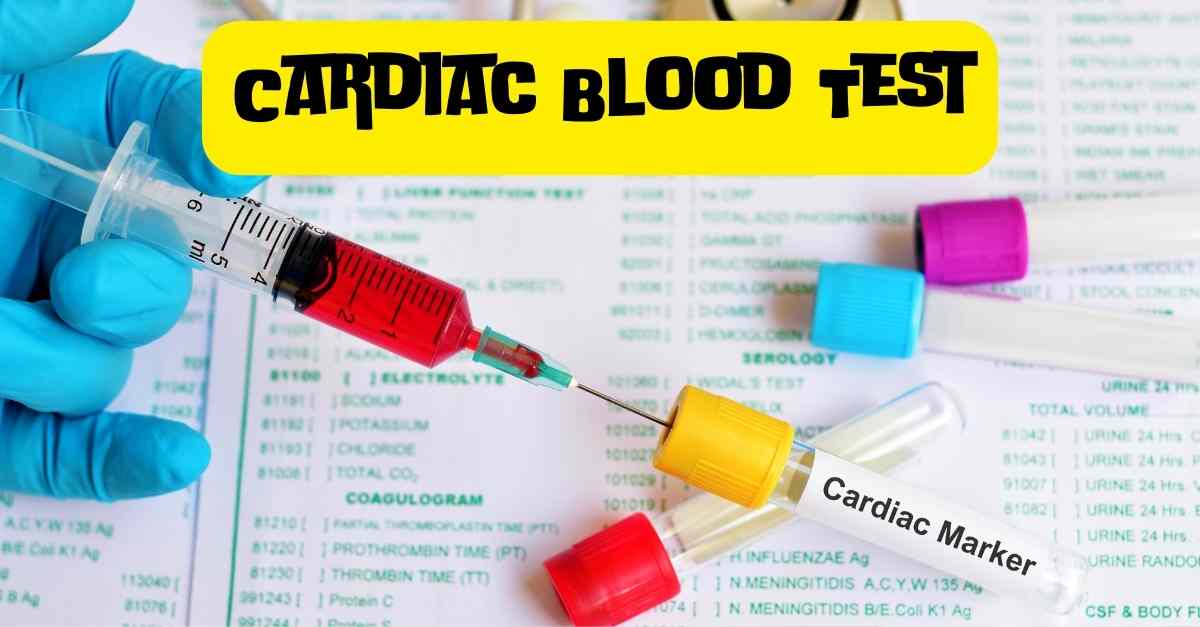
-
Decoding Your Chloride Blood Test: What You Need to Know
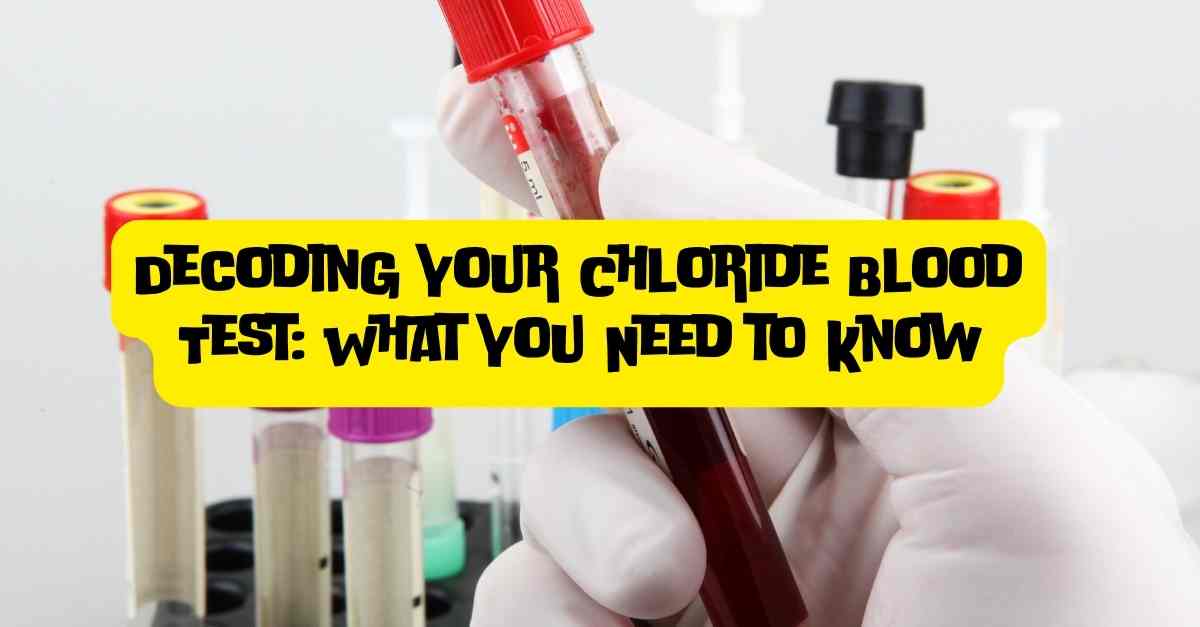
-
Calcium Blood Tests: A Vital Tool for Assessing Bone and Heart Health
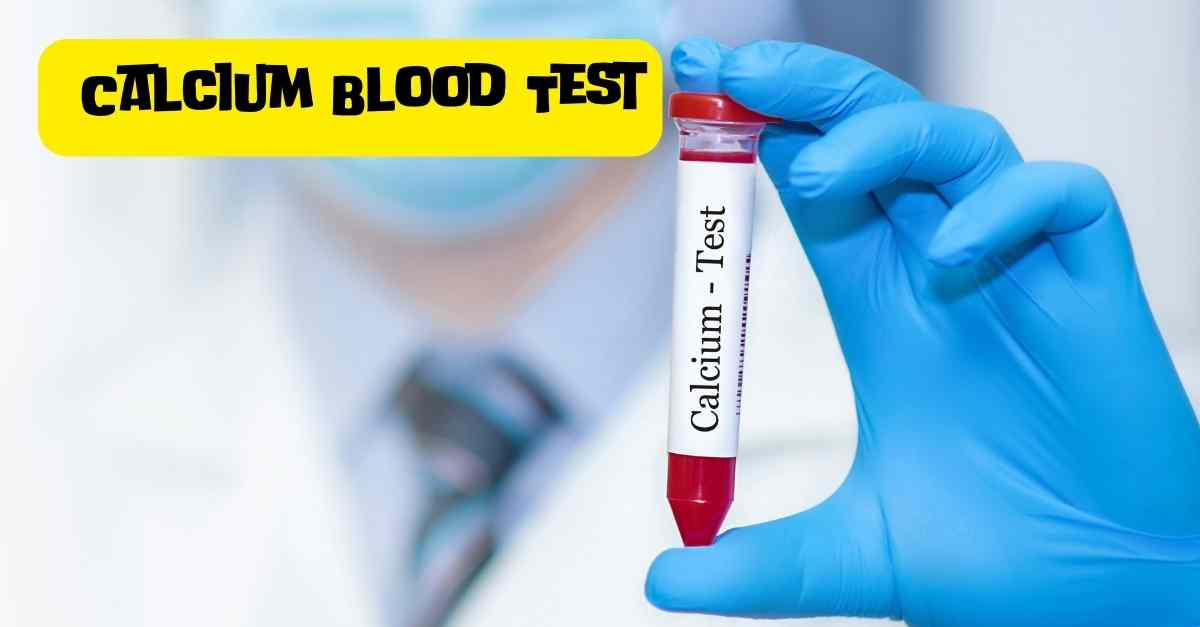
-
The Silent Indicator: Understanding the Fecal Occult Blood Test (FOBT)

-
All About the C3 Complement Blood Test: Normal, High, and Low Ranges Explained

-
Simplifying the Anion Gap Blood Test: What You Need to Know

-
CA-125 Blood Test
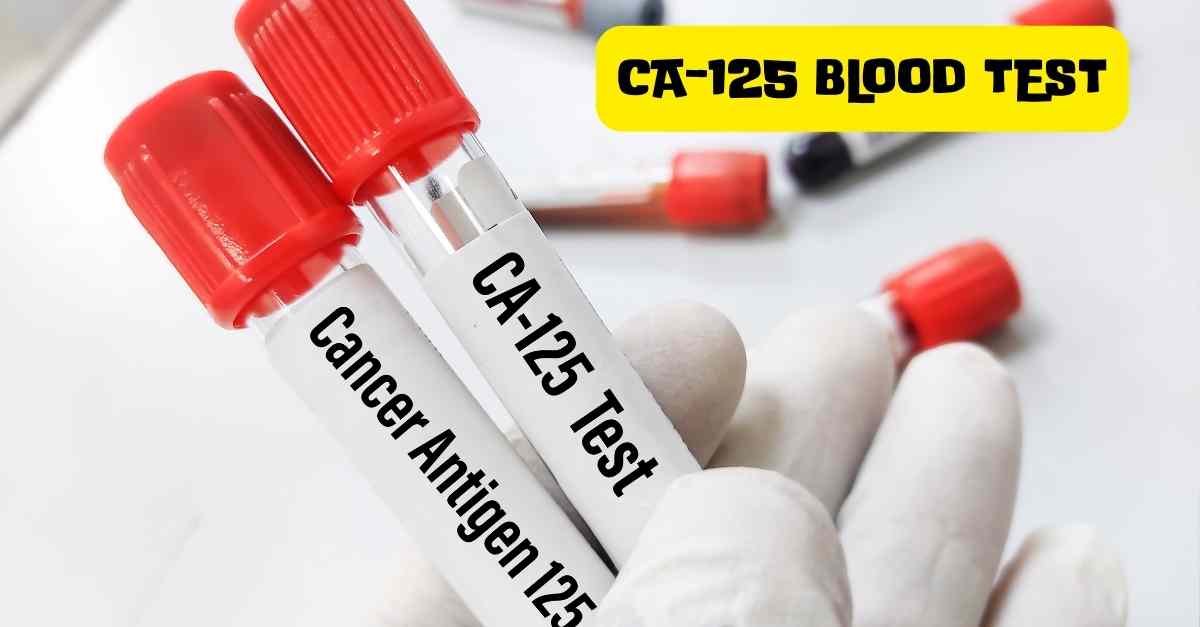
-
Understanding Lung Cancer: Symptoms, Causes, and Prevention
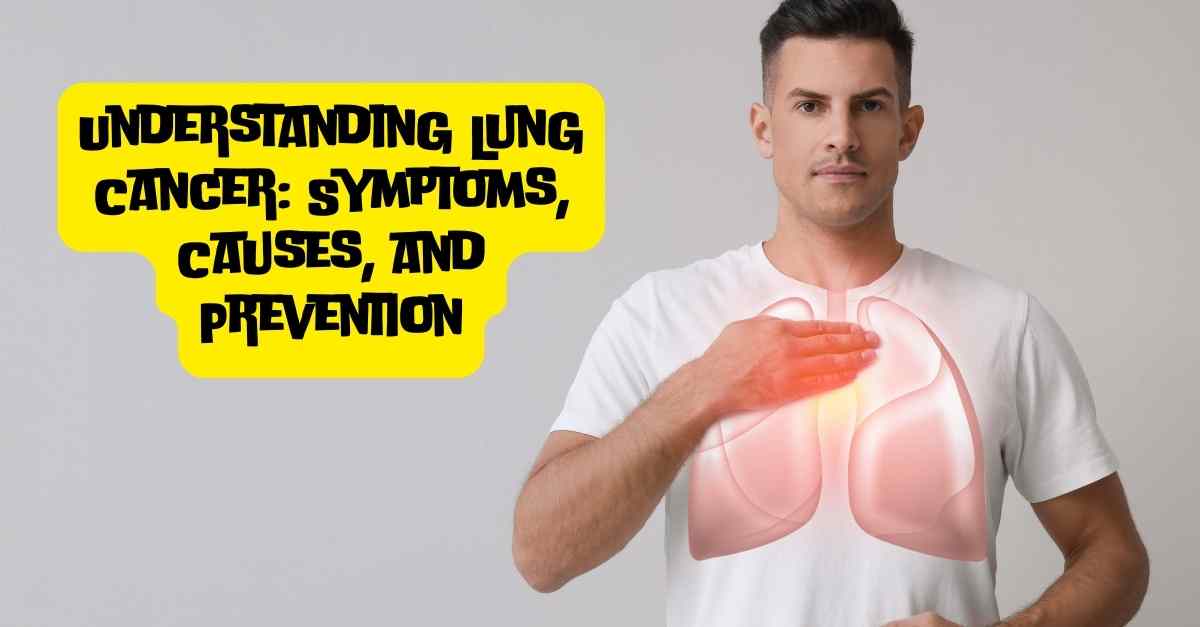
-
Beating the Heat: Essential Tips for Staying Cool and Safe
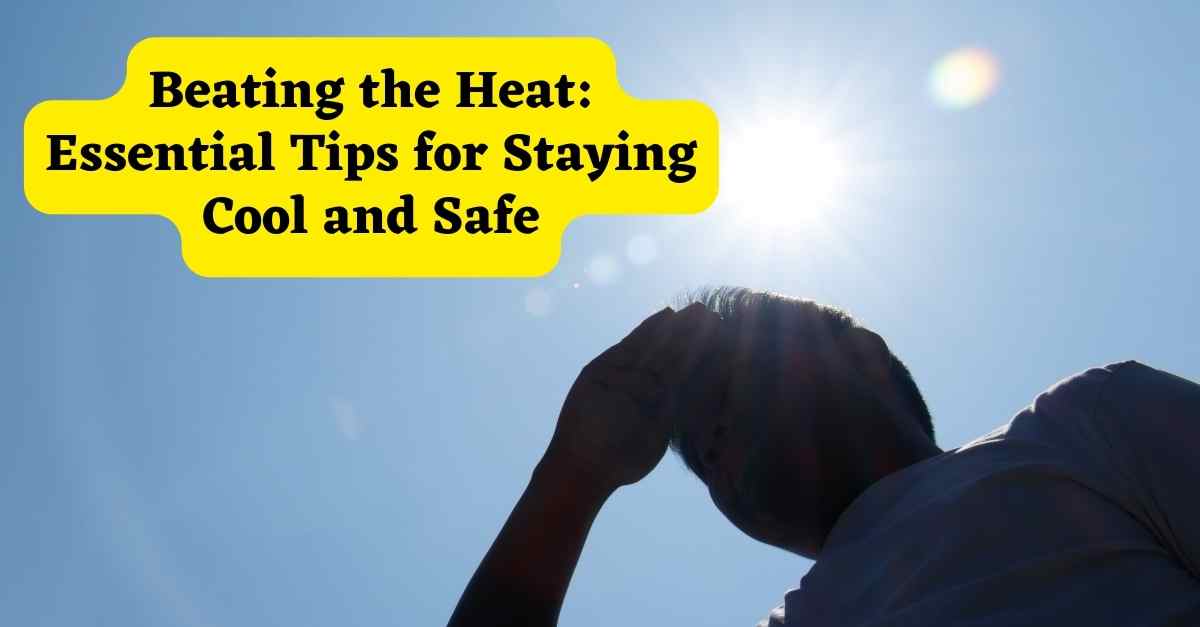
-
Summer Health Tips: Stay Cool, Stay Healthy!

-
मंटौक्स परीक्षण (Mantoux test) के लिए व्यापक गाइड: प्रक्रिया, व्याख्या और महत्व

-
The Comprehensive Guide to ALT Blood Test
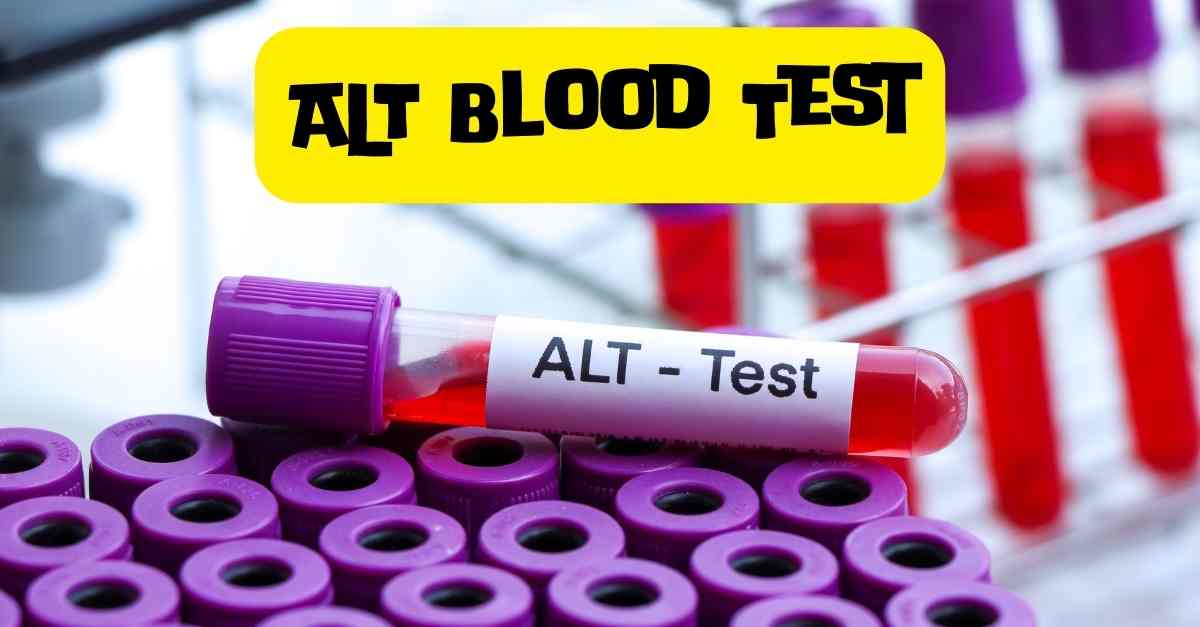
-
AST Blood Test: Your Guide to Liver Health Assessment
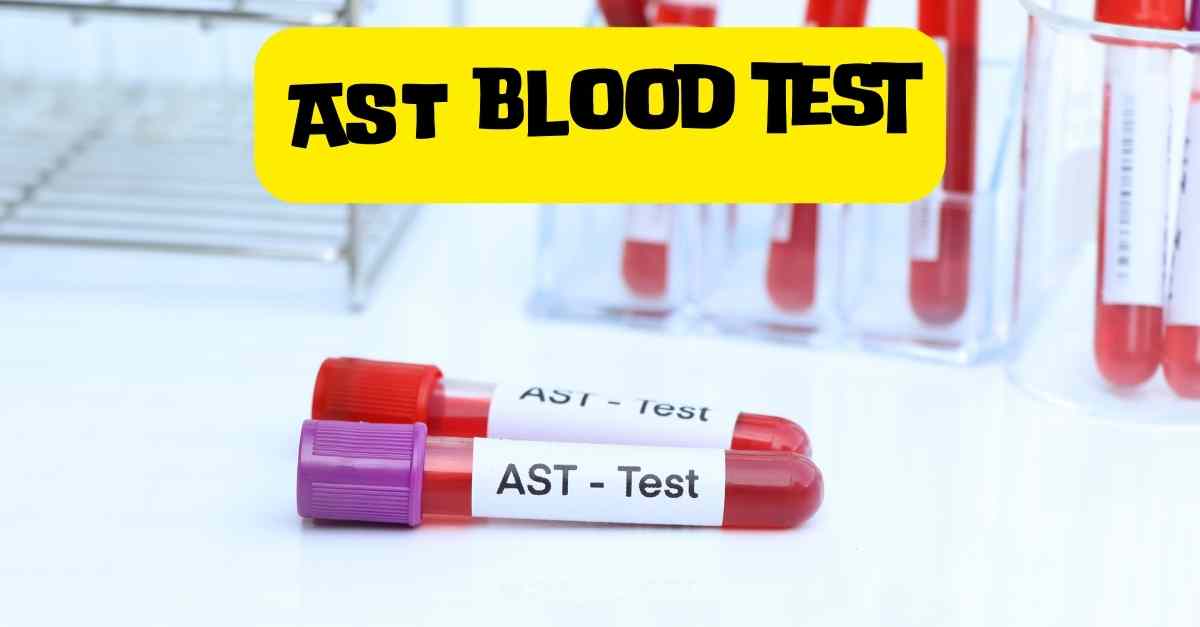
-
SGPT Blood Test
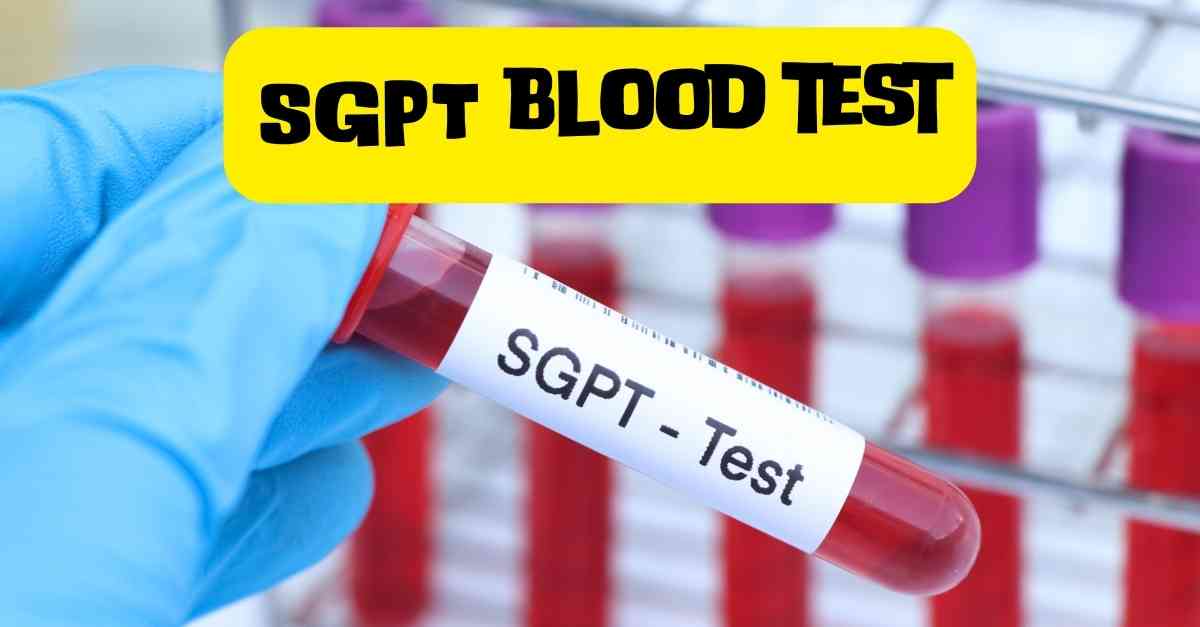
-
Serum Bilirubin Test in Hindi -सीरम बिलीरुबिन टेस्ट की पूरी जानकारी

-
Everything You Need to Know About the MCH Blood Test
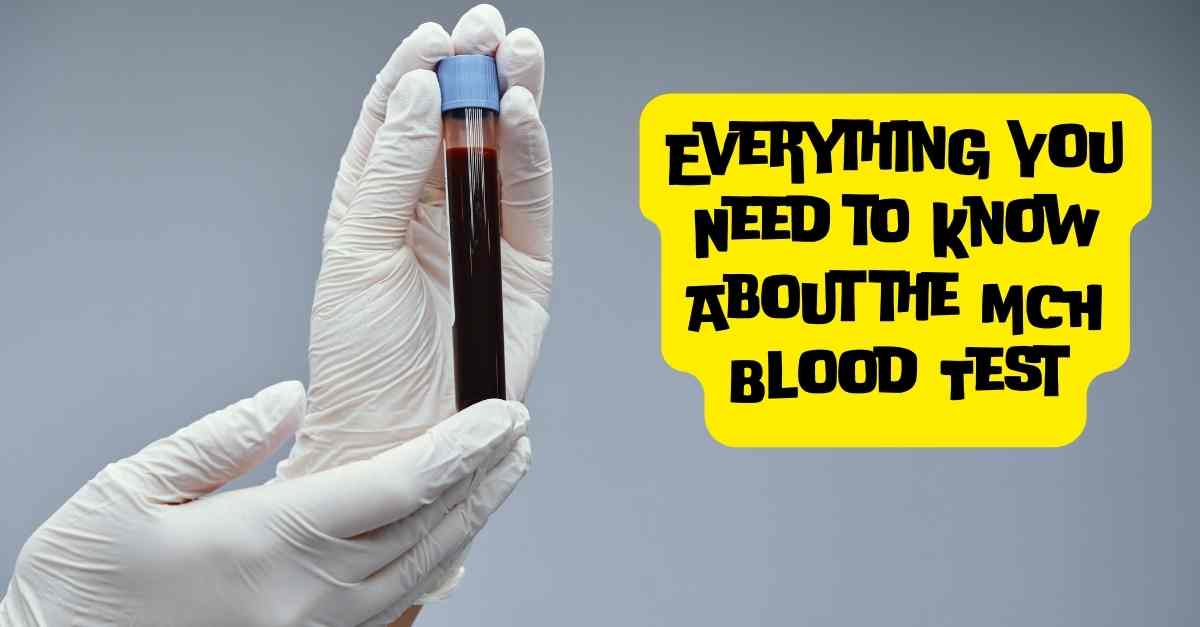
-
Best Home Remedies to Naturally Detox Liver

-
Unveiling the Side Effects of Excessive Vitamin B12 Intake

-
Best Foods for Kidney Detox Naturally Boost Your Renal Health

-
LKM Antibody Test: A Comprehensive Guide
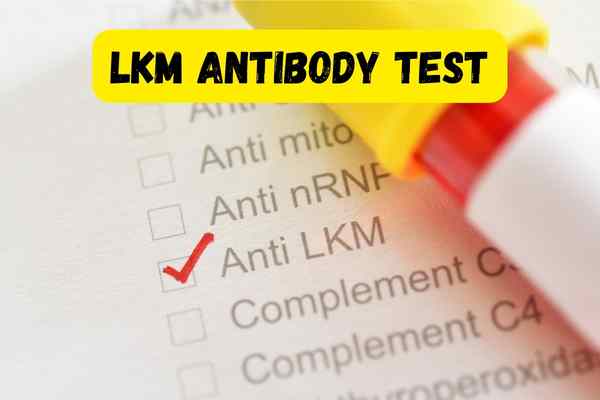
-
लीवर फंक्शन टेस्ट: समझें, क्या होता है और कैसे काम करता है
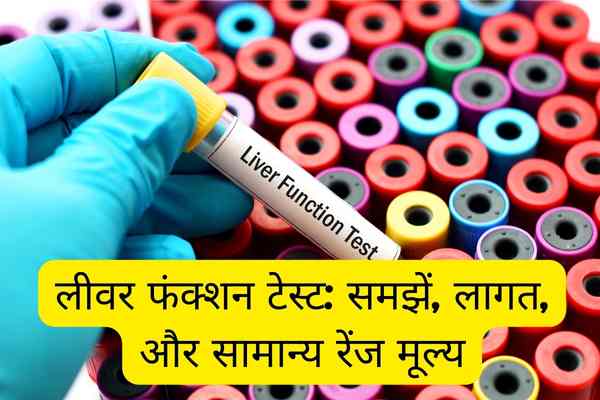
-
Amylase Blood Tests
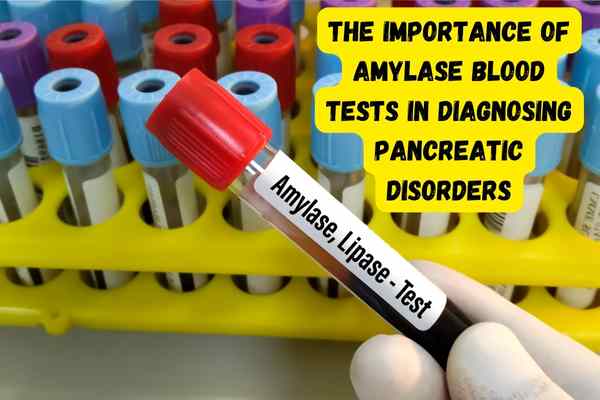
-
Vanillylmandelic Acid-VMA Urine Tests
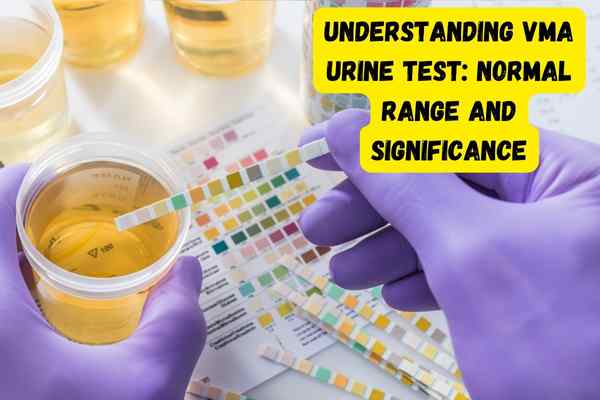
-
Everything You Need to Know About the CRP Test
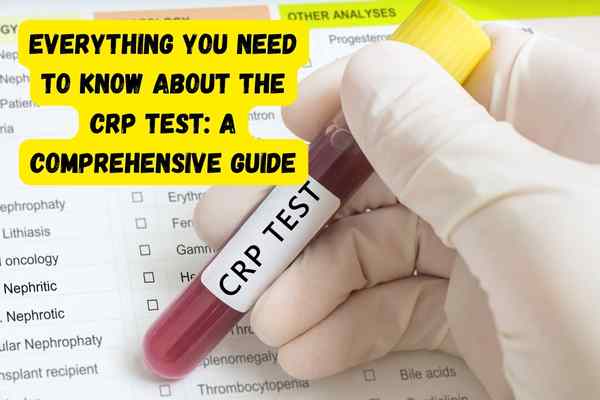
-
Simple Strategies for a Healthy Liver: Your Ultimate Guide
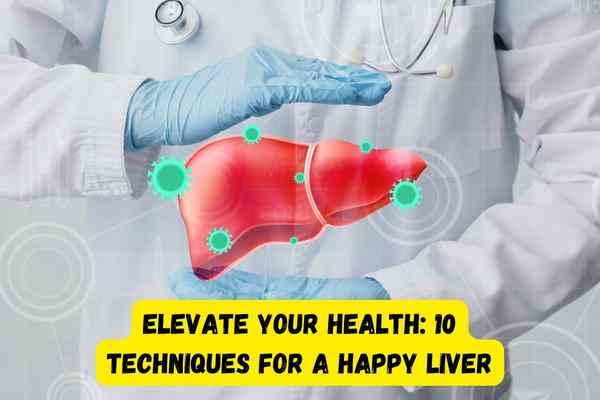
-
Ferritin Test in Hindi (सीरम फेरिटिन टेस्ट)
.jpg)
-
Karyotyping Test Explained in Hindi: कैरियोटाइपिंग टेस्ट

-
All About PRL Blood Test and Its Impact on Prolactin Levels
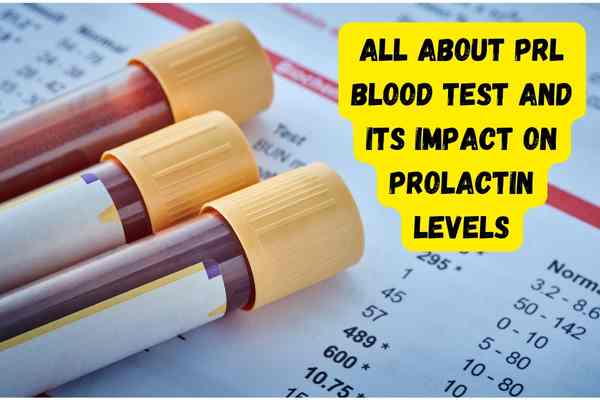
-
Acid-Fast Bacillus (AFB) Tests Demystified
 Tests Demystified.jpg)
-
Acetaminophen Level Tests
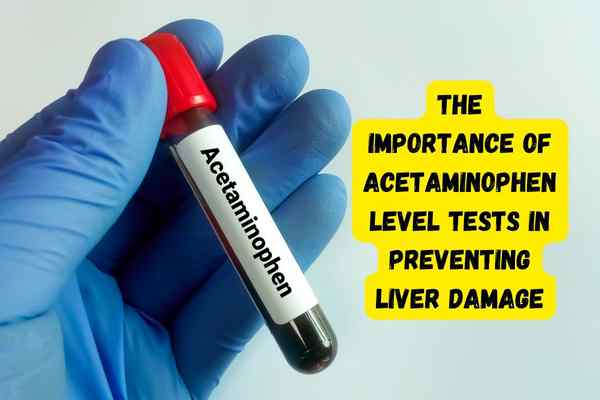
-
Empowering Awareness: Your Guide to ADHD Screening
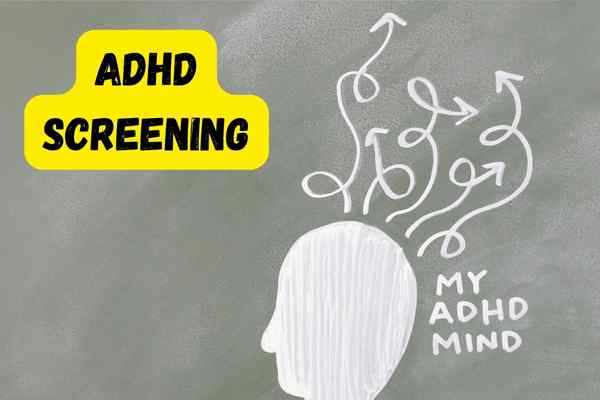
-
Adrenocorticotropic Hormone (ACTH) Test
 Test.jpg)
-
Are You Drinking Too Much The Essential Guide to Alcohol Use Screening Tests
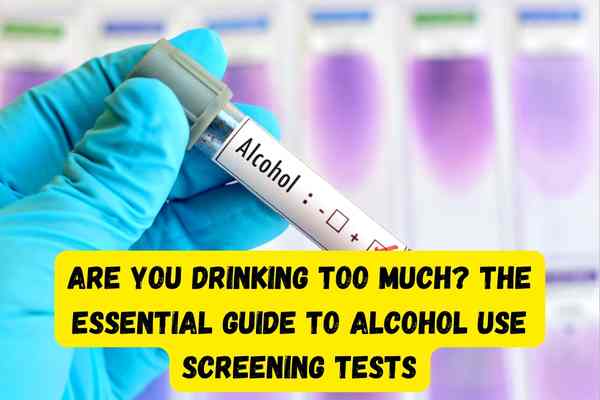
-
Breaking: New Study Reveals Surprising Link Between Aldosterone Levels and Heart Health

-
High or Low What Your Alkaline Phosphatase Levels Mean for You
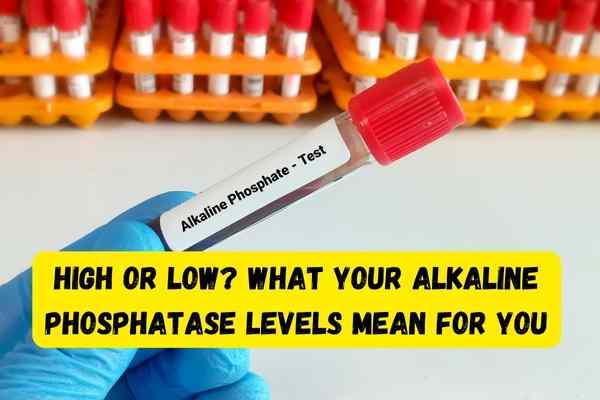
-
Attention: Must-Know Facts About Allergy Blood Testing
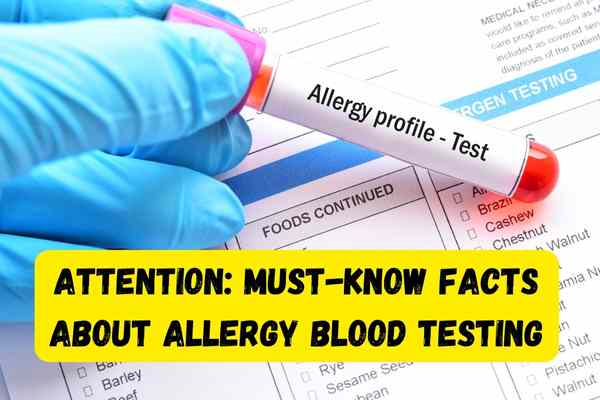
-
Allergy Skin Tests
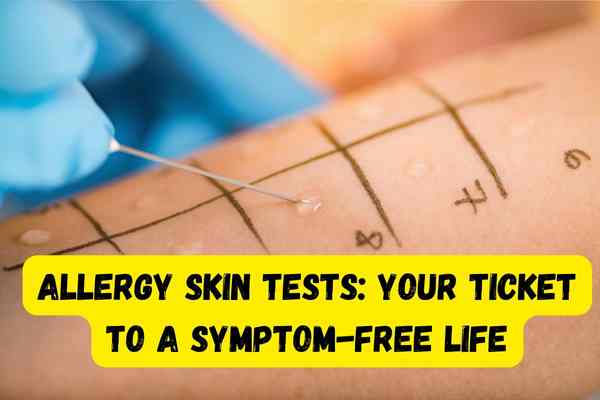
-
The Role of the ANA Test in Diagnosing and Treating Autoimmune Conditions
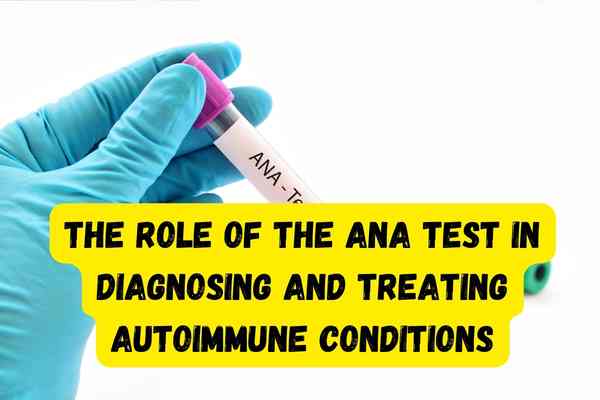
-
The Acid Phosphatase Test: What You Need to Know About Sample Types and Report Timing

-
Albumin Fluid Test: Significance, Sample Types, and Report Timeline

-
Ammonia Blood Test: Sample Type, Report Generation Time, and Diagnostic Importance
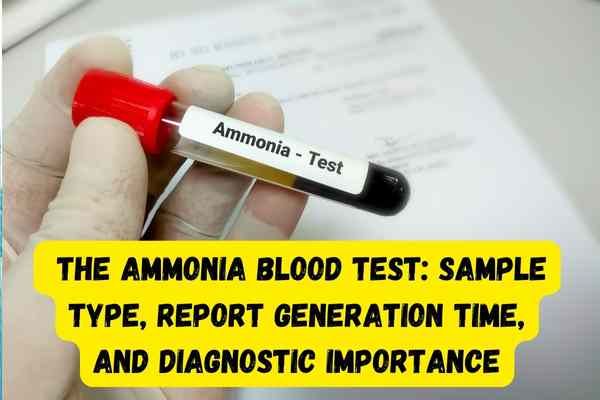
-
Angiotensin Converting Enzyme (ACE): Its Role, Sample Types, and Report Generation Time
 Its Role, Sample Types, and Report Generation Time.jpg)
-
Bile Acid Total Blood Test: Sample Type and Report Generation Time Explained
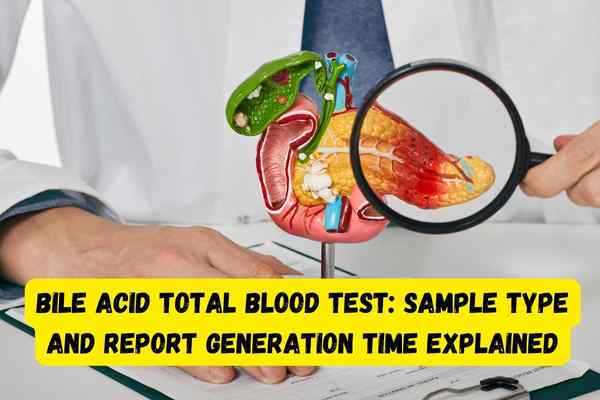
-
Blood Urea Nitrogen (BUN) Levels Explained: Fast, Accurate Testing with Blood Samples at Marvel Path Lab
 Levels Explained Fast, Accurate Testing with Blood Samples at Marvel Path Lab.jpg)
-
Amniocentesis Fluid Test : the Procedure, Sample Type, and Report Results

-
The Hidden Dangers of Bird Flu: What You Need to Know About Avian Influenza
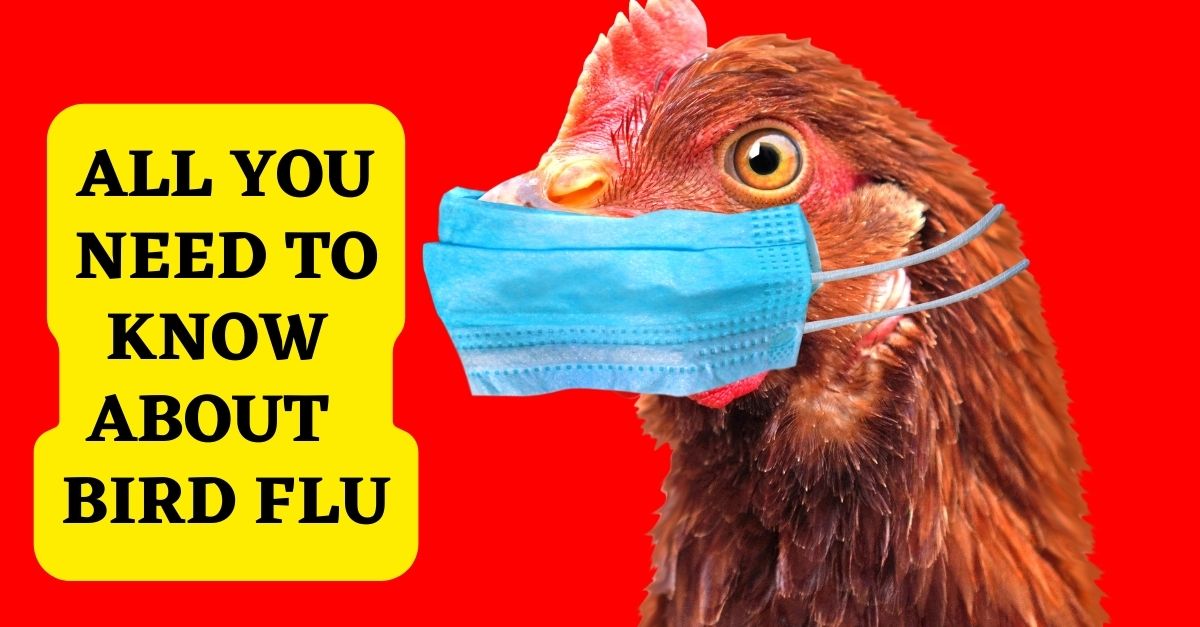
-
Zika Virus : ज़ीका वायरस के कारण , लक्षण और बचने के उपाय

-
तेजी से फ़ैल रहा है West Nile Virus जाने यह बीमारी क्या है और इससे कैसे करे अपना बचाव
 48 मामलो की हुई पुष्टि.jpg)



